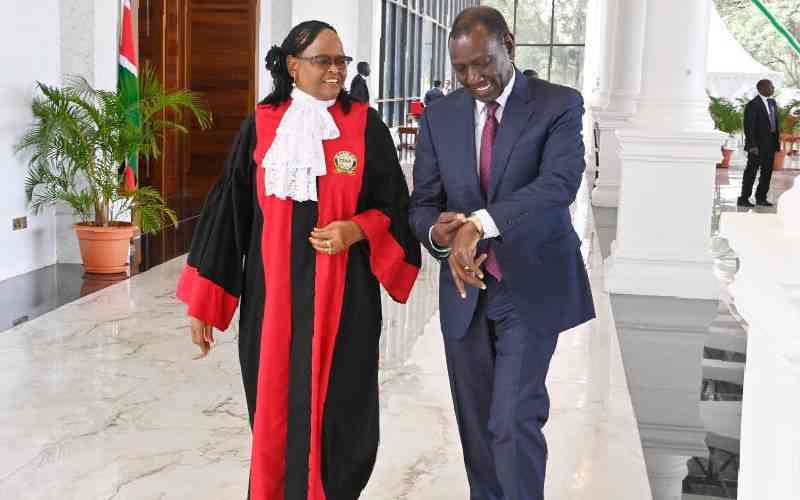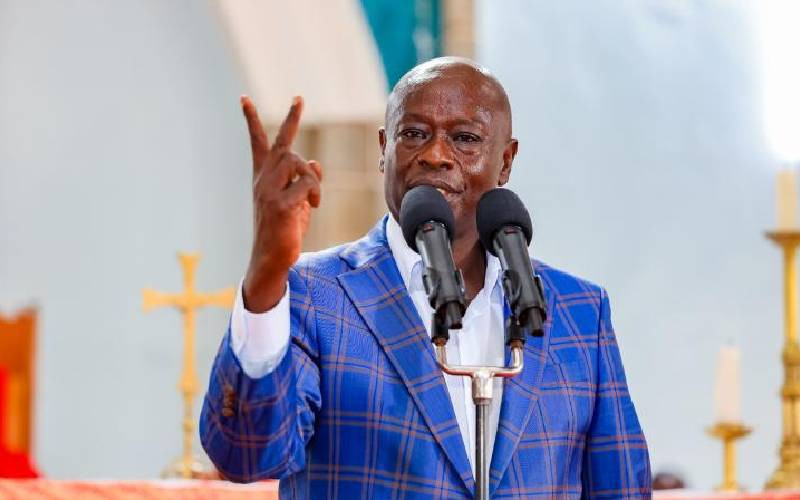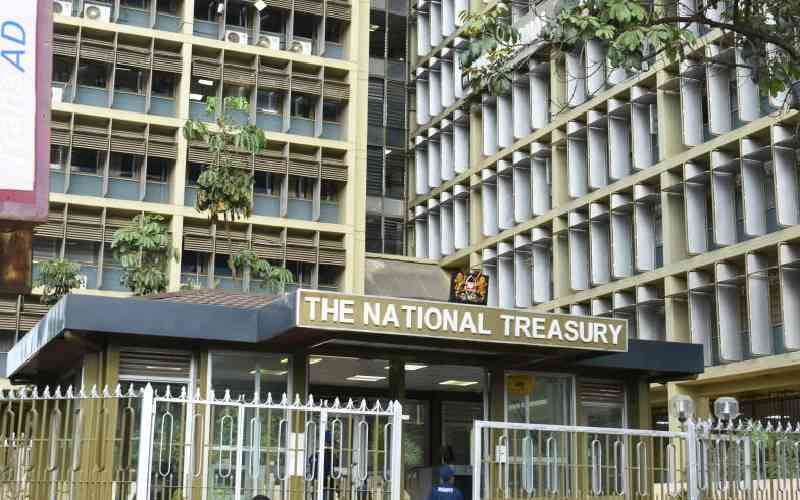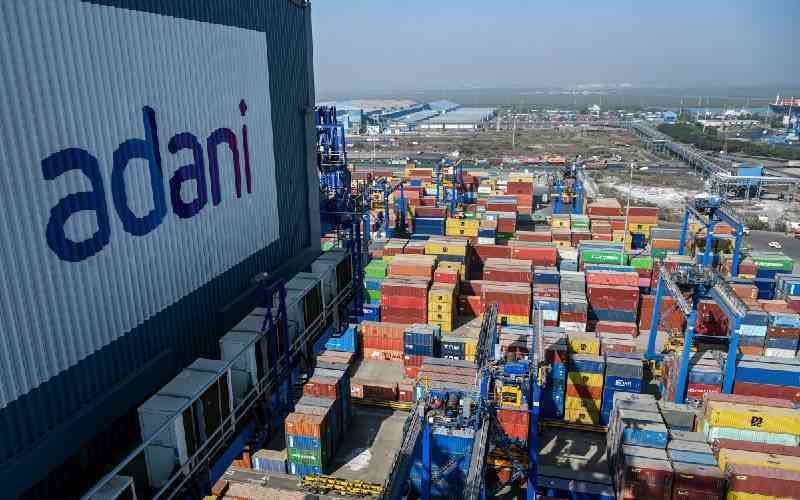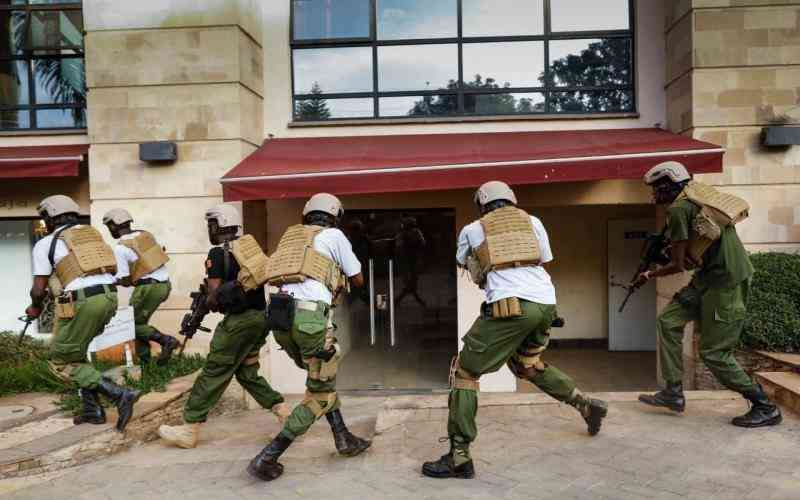By Eric Kiniti
Kenya: Following media reports that at least 60 people died in Embu, Kiambu, Makueni , Kitui and Murang’a within the last 48 hours after consuming illicit alcohol, it is necessary for the country to think critically about what we are missing in our efforts to curb these unnecessary deaths.
Despite the introduction of the Alcoholic Drinks Control Act in 2010 that prescribes punitive punishment for anyone found brewing or selling illicit drinks, as well as the county governments’ crackdowns on major illicit brewers’ dens, there are still alarming reports of deaths from illicit drinks.
As part of efforts to mitigate the hazardous effects of illicit alcohol that were at an all-time high in 2000, Kenya Breweries Limited saw the opportunity to offer the market safer and more affordable alternative, blending business benefit with social good.
It launched Senator Keg in 2004. The move was seen as key in providing low income alcohol consumers with an affordable and hygienic beer that would not put their health and lives at risk.
Many had already lost their lives to illicit brews that were often bought and consumed in dens that were often contaminated with methanol, battery acid, formaldehyde and even fertilizers, and other unknown substances for greater potency.
The government acknowledged Senator’s role in curbing illicit alcohol, by offering a 35 per cent excise tax remission on the keg, later increasing it to a 100 per cent remission.
In 2013, owing to revenue pressure against the backdrop of a significantly increased public wage bill, the Government revised the decision and introduced 50 a per cent excise duty on keg beers, rendering the previously low-priced Senator out of reach for most of its targeted low-end consumers. The National Authority for the Campaign Against Drug and Alcohol Abuse (Nacada) objected to this and sided with the industry and the low-end alcohol consumer, calling on the Government to review the tax regime. Nacada noted that the resultant price increase had seen consumers return to illicit brews.
It is imperative for us to realise that the fight against illicit brews can only be successfully won by ensuring the low-end alcohol consumer, who is price sensitive and has little disposable income to spend on alcohol provided with quality and affordable choices.
People will continually exercise their right to drink what they want despite knowing that illicit drinks have a negative impact on their health and often leads to death.
We also see that illicit drink brewers will continue to exploit the ready market of the low-income earners and unless there is a suitable solution, these fatalities may become a painful trend.
Tax is necessary and even beneficial to a country.
However, just like sound regulation, taxation must take into account what is good for Government, for business and for the consumers of taxed goods. To tax low-priced alcohol out of reach is to drive consumers into the illicit market placing them at grave risk.
The private sector is offering alternatives and solutions in the fight against illicit alcohol – we need the government to help us keep those alternatives and solutions accessible to low-income earners who are at the greatest risk of harm and death from consuming illicit alcohol.
Eric Kiniti is Corporate Relations Director, KBL
Stay informed. Subscribe to our newsletter
 The Standard Group Plc is a
multi-media organization with investments in media platforms spanning newspaper
print operations, television, radio broadcasting, digital and online services. The
Standard Group is recognized as a leading multi-media house in Kenya with a key
influence in matters of national and international interest.
The Standard Group Plc is a
multi-media organization with investments in media platforms spanning newspaper
print operations, television, radio broadcasting, digital and online services. The
Standard Group is recognized as a leading multi-media house in Kenya with a key
influence in matters of national and international interest.
 The Standard Group Plc is a
multi-media organization with investments in media platforms spanning newspaper
print operations, television, radio broadcasting, digital and online services. The
Standard Group is recognized as a leading multi-media house in Kenya with a key
influence in matters of national and international interest.
The Standard Group Plc is a
multi-media organization with investments in media platforms spanning newspaper
print operations, television, radio broadcasting, digital and online services. The
Standard Group is recognized as a leading multi-media house in Kenya with a key
influence in matters of national and international interest.



